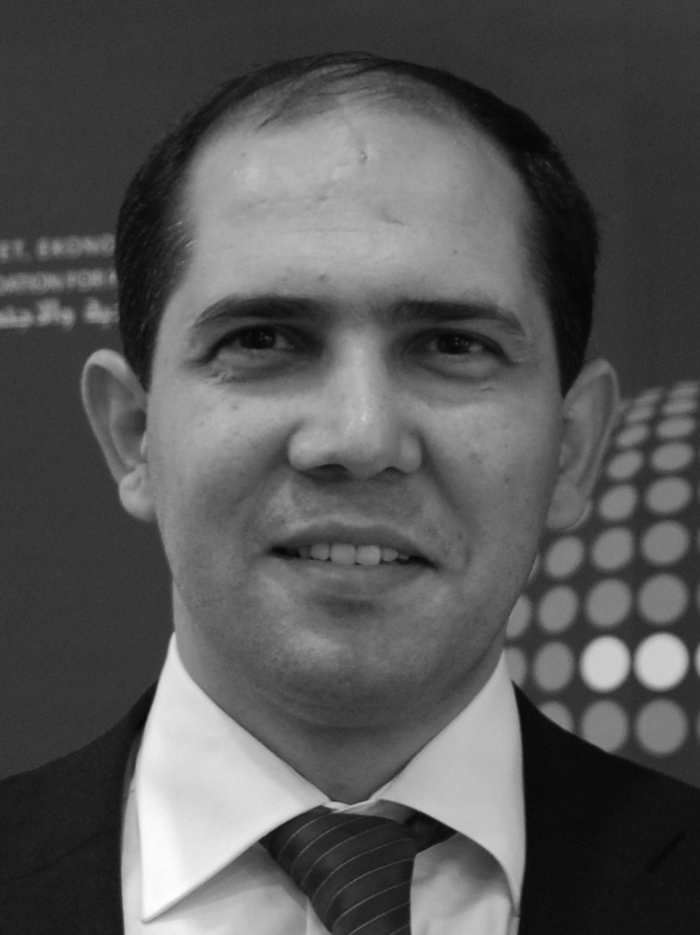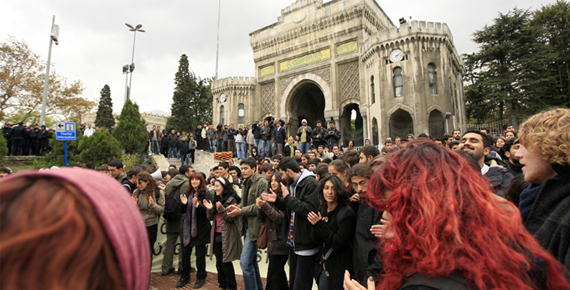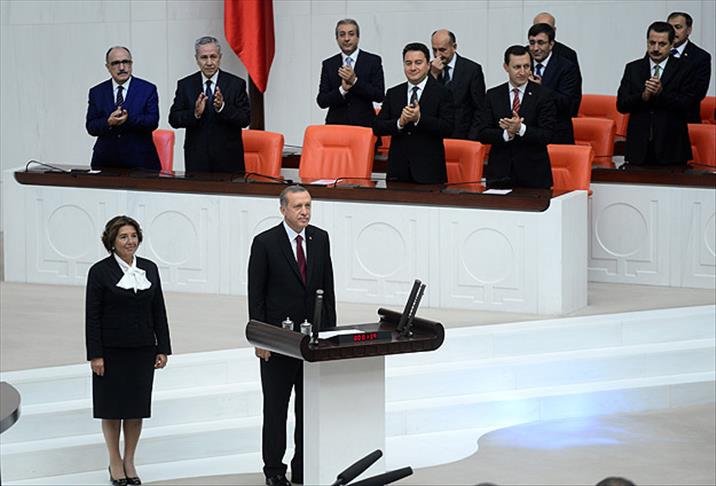Are basic concepts and criticisms of education in Turkey guiding us on what to do in education? For instance, do suggestions such as “let’s abolish the Council of Higher Education (YÖK), render universities autonomous” or as it is uttered by official authorities, “let’s turn the YÖK into a coordination committee and delegate some of its authorities to universities” guide us on which steps to take? At the outset, it is noteworthy that a good part of evaluations and suggestions on higher education and the YÖK deserve discussion. That universities need autonomy and external intervention —this, most of the time, means the intervention of the state— should be prevented, comes first on the list. The unvoiced justification of this argument is that the YÖK was, from time to time, oppressive in the past. Nevertheless, this suggestion, which was a reaction to bureaucratic institutions not accountable to the society, such as YÖK, ignores the bureaucratic and unaccountable structures of universities.
CRITERIA FOR ACCOUNTABILITY
While discussing the higher education reform, the focus should be the following: Whether or not the YÖK or universities have the authority does not matter. What matters is how to make those who use these authorities more accountable. Indeed, universities in the pre-YÖK period were far from meeting social demands and they provided a basis for the YÖK period. In other words, universities in Turkey, historically, have shirked their responsibilities towards the society. What we mean by responsibility towards the society is that universities are required to defend rights and the truth and provide services in line with the changing conditions and demands of the society. Whether the YÖK or university wields authorities granted to universities to shape the future of the society and meet social demands does not matter. What matters is how these authorities will be used and what kind of control mechanisms will balance them.
UNIVERSITIES REMAIN DISTANT TO THE SOCIETY
That the YÖK and universities have historically remained distant to social demands and failed to meet them is directly related to the fact that these institutions are autonomous and they are not held accountable. To put it another way, dividing debates on universities in Turkey into two categories as pre- and post- YÖK period can be meaningful from some perspectives; it yet fails to give a clear idea about the attitude of higher education sector towards the society. During both pre- and post- YÖK period, universities ignored social demands and even raised objections to them. In a nutshell, universities and the YÖK, from time to time, have become the symbol of repressive mindset because those who drafted the 1982 Constitution rendered the President of the country the unaccountable wing of the executive.
More than the YÖK presidents’ and university presidents’ unreasonable use of their authorities, what lies at the root of problems in higher education is that presidents ignore social demands. For this very reason, it is not surprising that the YÖK and university presidents received the support of the presidents of the country during their most oppressive periods. It is noteworthy that educational regulations were drafted during the extraordinary periods under the influence of a tutelary mindset. In other words, regulations in education and higher education were drafted either by the military during the military coup periods or by the judiciary and other bureaucratic institutions such as the MGK (National Security Council), the Council of State, the Constitutional Court and the YÖK during other periods.
WHAT TO DO
If the problem in higher education is not whether the YÖK or universities seize certain authorities but that the institutions which these two are affiliated to are not accountable, then it is necessary to establish accountable mechanisms. There are s









